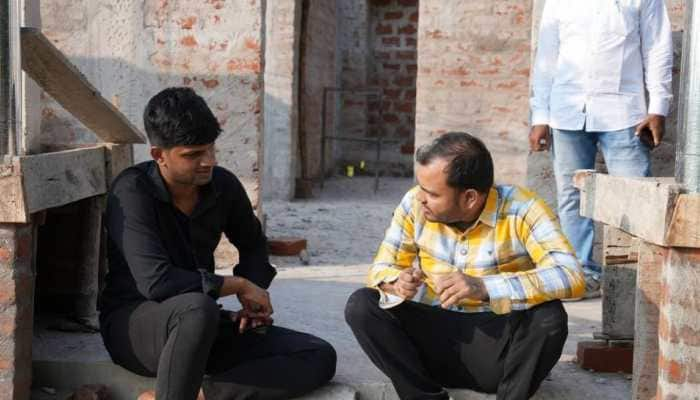Carbon pricing key to delivering India's climate targets
With the date of signing of the Paris climate change agreement in April approaching fast and its ratification to follow soon, it has been stated that there is a carbon pricing opportunity for India.
Trending Photos
)
Washington DC: With the date of signing of the Paris climate change agreement in April approaching fast and its ratification to follow soon, it has been stated that there is a carbon pricing opportunity for India.
The historic climate agreement reached by more than 190 nations in December 2015 will require more than just the individual efforts of participating countries to meet their commitments to mitigate climate change.
Thomas Kerr, Principal Climate Policy Officer, International Finance Corporation, World Bank Group, wrote in a blog, "A rapidly growing number of global companies are committing to use carbon pricing as a way to 'climate proof' their business models for an increasingly low-carbon future. Businesses also are working with governments to help pilot emissions trading, offering lessons learned to ensure efficient system design."
Kerr noted, "For India, there is a clear opportunity here. Under the national plan India submitted to the United Nations, the government set a target to increase renewable energy capacity from 30 percent today to 40 percent by 2030," adding "The plan also calls for installing 175 gigawatts of renewable energy capacity by 2022, an ambitious goal considering the world's total installed solar power capacity was 181 gigawatts in 2014. The government estimates that 2.5 trillion dollars in investment will be needed to achieve its plan by 2030."
Major Indian companies, including Dalmia Cement, Mahindra Group and Tata Group, have stepped up to become sustainability champions by taking action to support carbon pricing. These and other Indian companies are partners of the Carbon Pricing Leadership Coalition, a new initiative designed to support successful carbon pricing across the globe.
This week, Indian business leaders will gather in Delhi and Mumbai at the Indian Climate Policy and Business Conclave organized by the Federation of Indian Chambers of Commerce and Industry (FICCI) in partnership with the Indian Ministry of Environment, Forest & Climate Change, the German Federal Ministry for the Environment and the World Bank Group.
Kerr further pointed out that carbon pricing is not always an easy policy to implement as each jurisdiction and company faces its own challenges, with fears that a carbon price will affect competitiveness or raise energy costs.
He added, "But experience through years of study, testing and trial and error shows carbon pricing can work, bringing both reduced emissions and economic growth. We know that because of leaders like California, the European Union, Korea, China and Mexico that are successfully running carbon pricing programs today."
"They have navigated concerns about competitiveness, fairness and supporting training and job transition through stakeholder engagement, smart policy design and regular reassessments of progress, building a set of principles for good practice that India can borrow from as it tries to unlock the private investment needed to transform its economy," Kerr continued.
Stay informed on all the latest news, real-time breaking news updates, and follow all the important headlines in india news and world News on Zee News.
Live Tv







)
)
)
)
)
)
)
)
)
)
